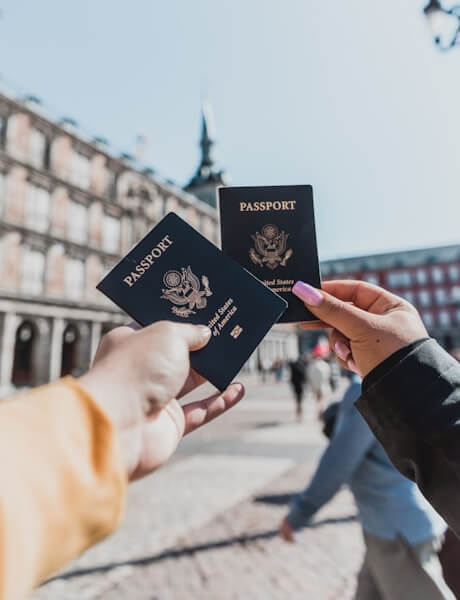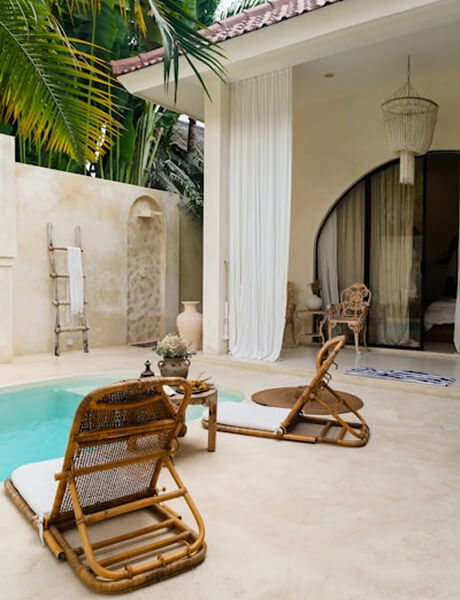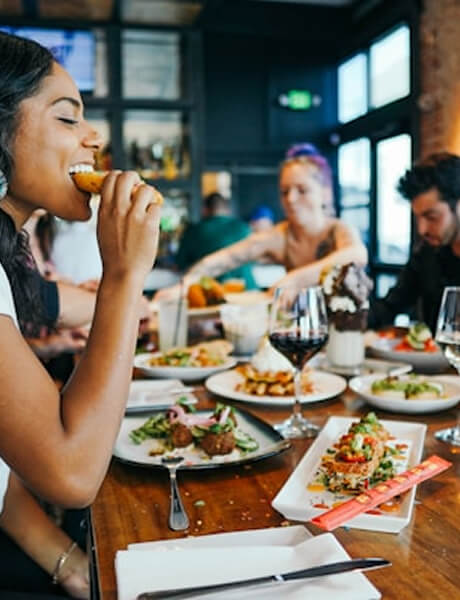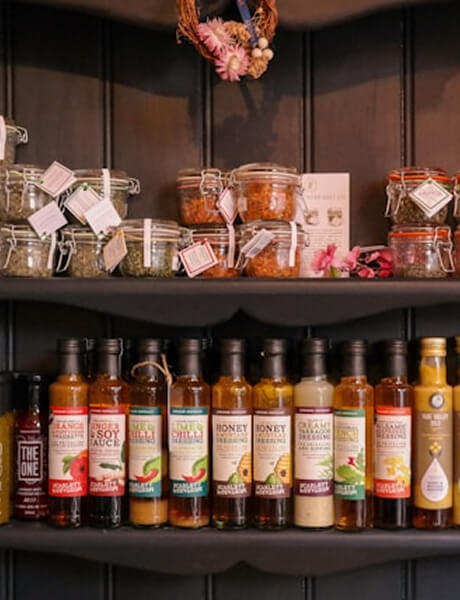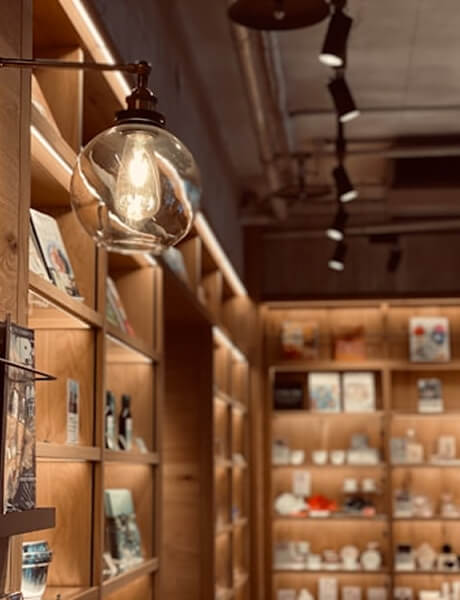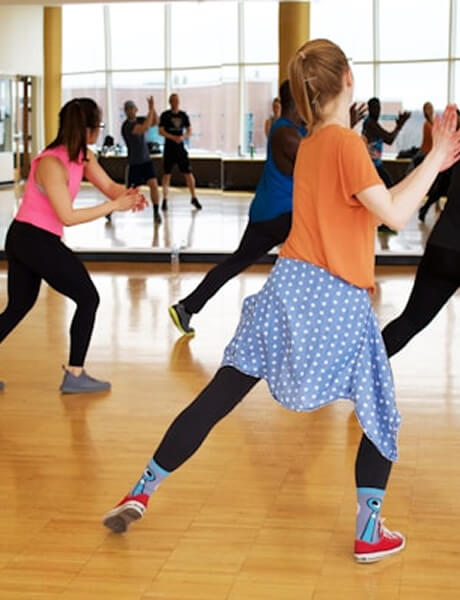
Travel guide Brésil
The best time to go au Brésil
Practical information for travel au Brésil
Get your travel guide: BRÉSIL

Where to go au Brésil?
The most beautiful tourist sites
Other au Brésil destinations
Départements
Zones touristiques
Petit Futé's best addresses au Brésil
Discover the most beautiful addresses selected by the authors of Petit Futé.
Featured articles du Brésil

Where to go paragliding? Top 11 destinations worldwide
Published on 01/09/2025 Activities and experiences
Bir Billing, Himachal Pradesh, India © Memories Over Mocha - Adobe Stock Flying a paraglider is a unique way of admiring landscapes, with the added bonus of a good adrenaline rush. While paragliding...

Where to go for adventure? Top 11 destinations in 2025
Published on 01/09/2025 Activities and experiences
From America to Asia, via Europe, Oceania and Africa, we're off on a round-the-world adventure. Between grandiose landscapes, wild nature and unforgettable encounters, each stage reveals a new facet...

Where to dive with dolphins in 2025 ? The best destinations
Published on 28/05/2025 Activities and experiences
Watching, but above all swimming or diving with dolphins in their natural habitat is an unforgettable experience. It's a magical moment that you absolutely must experience on your travels, if you...
How to travel au Brésil
How to go alone
There are direct flights to many cities in Brazil including Rio, Salvador de Bahia, Sao Paulo, Recife and Fortaleza. The price depends on the airline you use and especially on the time you book your flight. In order to get the best rates, it is essential to book well in advance. Think about buying your tickets a few months before your departure! Brazil lends itself well to independent travel with numerous bus and air links throughout the country.
How to go on a tour
You will find many tour operators specialized on Brazil. They produce their own trips and are generally very good at giving advice because they know the country inside out. Note that their prices are often a little higher than those of generalist travel agencies. The tours usually combine one or more cities and rarely forget to visit the Iguaçu Falls.
How to get around
Given the vastness of the Brazilian territory, the plane remains the best solution to criss-cross the country in all directions but if you have time, the bus network covers the whole country with comfortable but sometimes interminable night trips and punctual departures. The road network is in good condition.
Book your next trip with Kayak
Travel au Brésil
Ideas for holidays and week-end breaks au Brésil
Le géant se prête à tous les types de tourisme et de séjour. En fonction du temps du voyage et des goûts du voyageur, les combinaisons des séjours seront nombreuses. Les littoraux de l'Etat de Rio et du Nordeste réserveront aux voyageurs des plages de carte postale, eaux turquoises, palmiers, vendeurs de noix de coco...Les amateurs de vieilles pierres et d'histoire trouveront de quoi satisfaire leurs intérêts : monuments coloniaux, villes et villages historiques comme Salvador, Ouro Preto, Paraty, Sao Luis do Maranhao, Olinda. Les églises baroques aux lourdes dorures rappelleront les origines européennes de la contre-réforme. L'omniprésente nature se décline en d'infinies opportunités touristiques. L'écotourisme du Pantanal, des Chapada Diamantina, de la lointaine Amazonie permettront la rencontre d'écosystèmes et d'une biodiversité aussi riches que fragiles. Enfin, les séjours sportifs, marche, canyoning, surf seront riches et variés.
Services
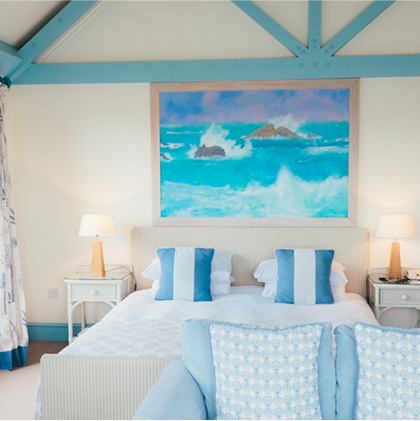
Find a hotel with Booking.com

Rent a car with Bsp-auto

Create a blog and travel journal
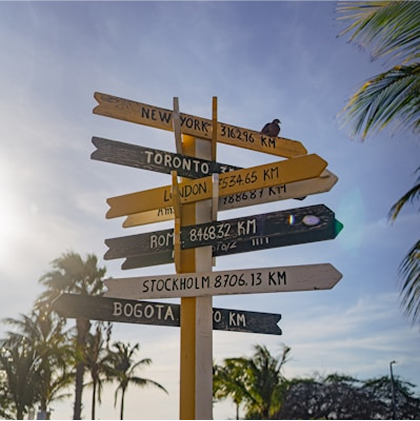
Find an agency with Quotatrip
Find unique holiday offers with our partners
Discover le Brésil
A destination you'd be hard-pressed to leave off your itinerary, especially as border crossings from Ciudad del Este are a breeze. This natural wonder is only a few kilometers away, at the crossroads of Argentina and Brazil. If you're worried about the tourist crowds after visiting this confidential Paraguay, don't worry: the spectacle of Iguazú Falls is so grandiose that you'll soon forget the crowds! This exceptional site boasts 275 cascades on a 2.7-kilometre waterfront, with waterfalls several dozen metres high, including the famous Devil's Throat, an 84-metre abyss! Every second, more than 6 million liters of water tumble over this verdant setting. Plan to spend at least one day in the Brazilian park, and another in the Argentine park, to fully appreciate the power of nature and the beauty of the place.
The 12 keywords au Brésil
#Alegria
Many times chanted during the carnival, theAlegria is permanent. In spite of the problems linked to poverty and the violence which results from it, it is indeed a feeling of permanent happiness which seems to inhabit the Brazilian soul. A few glasses of beer or caipirinha or a few chords of samba are enough to make this nature resurface.

#Amazonia
The future of the planet and the political future of Brazil are at stake. It's the planet's green lung and one of the world's most important biodiversity hotspots. Finally, it is the heart of the struggle between the Eros of humanity and the Thanatos of globalized agriculture defended by the multinationals. Lula is back and committed to protecting it.

#Aboriginals
The cacique Raoni introduced the world to the unenviable fate of Brazil's first inhabitants: the Aborigines. Today, there are 305 indigenous peoples with 900,000 inhabitants, compared with 5 million in 1500. Reserves account for 13% of Brazilian territory, and 1.5% outside the Amazon. Unfortunately, their daily lives are often miserable.
#Cachaça
Among the discoveries not to be missed, the epicurean traveler will discover a local spirit that often comes in a "festive" form, the caipirinha. This is cachaça, a Brazilian rum with a wide range of flavors and aromas. Less well known than rum, this alcohol is also obtained by distilling cane sugar in alembics.

#Café
Another element associated with Brazil. It's the land of coffee. The plant that produces this universal beverage is not native to Brazil, but it has helped shape certain regions in the coffee cycle, in the interior of the states of Rio and São Paulo, and the election of many statesmen. Cafezinho is an institution in Brazil.
#Favelas
Indissociable from Brazilian urbanization and social segregation, favelas are known as "gray zones" where the state is absent. Since they first appeared over a hundred years ago, favelas have left their mark on the city. Violence is certainly present, but they are also social laboratories and dynamic territories.
#Feijoada
This local stew is today part of the Brazilian culinary heritage. Like the Portuguese cassoulet or cozido , it is a typical popular dish made of vegetables (black beans) and non-noble pieces of meat (pork). Restaurants usually offer it on Saturdays and it is an opportunity for friends to meet and exchange.
#Football
It is a sport that is inseparable from Brazil. Some say it is a religion, with the Maracana stadium as its main temple. During World Cup tournaments, an entire nation unites behind the Auriverde team. The rest of the year, however, it is the local or regional derbies of the Brasileirao that monopolise the discussions and passions.
#Kilo and bufê
Why these words here? Very quickly, the traveler will see in some restaurants prices displayed by the kilo. A Brazilian specificity, you can fill your plate in self-service and have it weighed. The buffet or bufê consists of eating whatever you want for a fixed price. Very popular, you can find cheap kilos and very chic ones.
#Religion
Brazil is a mystical country, where religion is everywhere and in every environment. Christianity, animism and Afro-Brazilian cults have shaped the country's soul in a subtle syncretism. The spiritual accompanies the difficult daily life of the inhabitants. Here, when we plan to meet again, we add "se Deus quiser".

#Samba
The samba (O samba, masculine word for Brazilians) is the expression of the Brazilian soul, as the tango is the expression of the Argentine soul. Formal and informal places are dedicated to it in Rio and elsewhere. The Pedra do Sal, the Samba do Trabalhador, the Lapa clubs or even small groups on the street corner honor this musical art.
#Violence
Violence is an inseparable part of Brazilian society. It is undoubtedly the fruit of violent colonization against the indigenous peoples, of slavery and of current inequalities. The military regime of 1964-1986 legitimized and generalized it, and it is no longer controlled by the new-found democracy. We live with it, trying to preserve ourselves from it...
You are from here, if...
You'll quickly find out whether you have to board a city bus from the front or the back. Depending on the city, the cobrador (local ticket collector) can be found at the front or at the back, next to the turnstile.
In Rio,you practice the "art of the beach" by coming to the same posto in flip-flops and eating biscoitos. You ask your neighbor to keep an eye on your belongings, which are reduced to the bare minimum when you go swimming.
You "pester" the waiter or waitress and mechanically shake the bottle to indicate that it's empty. What would be considered incorrect whistling elsewhere is a traditional way of signalling.
You tell your life story to a stranger when queuing at a bank or waiting for the bus.
You don't leave money on the restauranttable, but hand over the bill and tip to the waiter.
You give a long hug to the friend you're leaving... even if it's for a short time.










